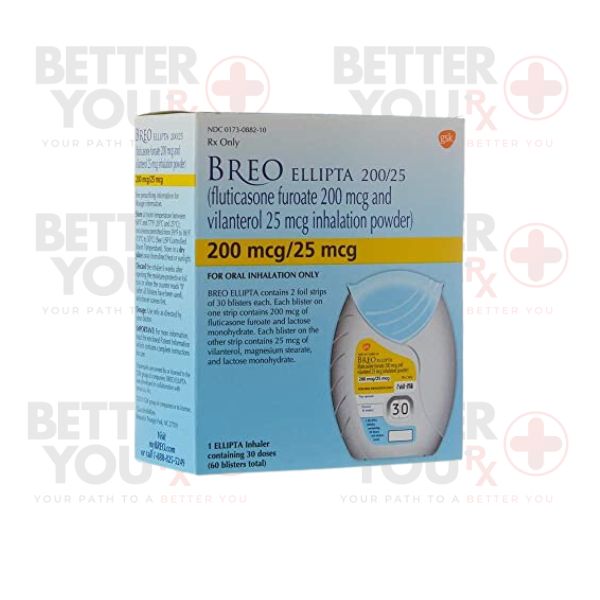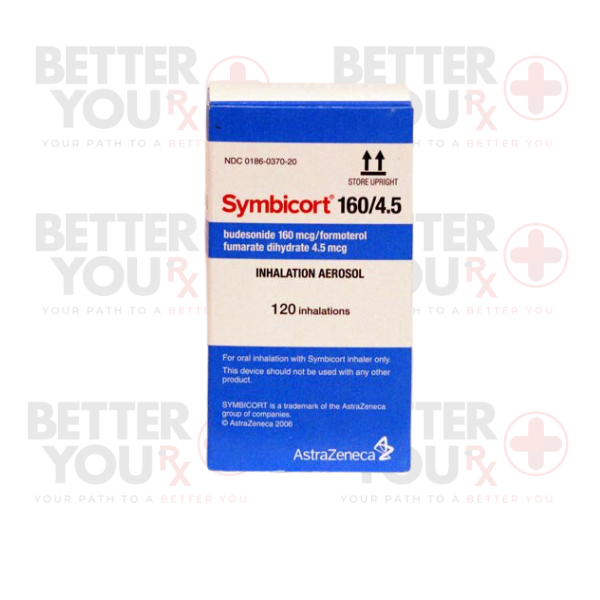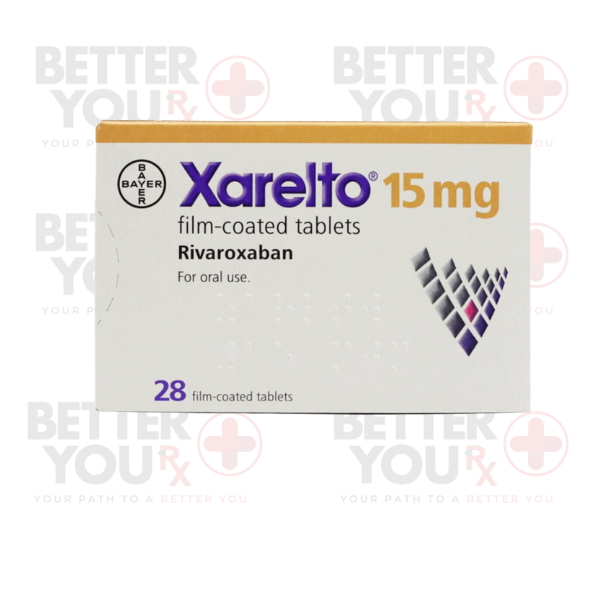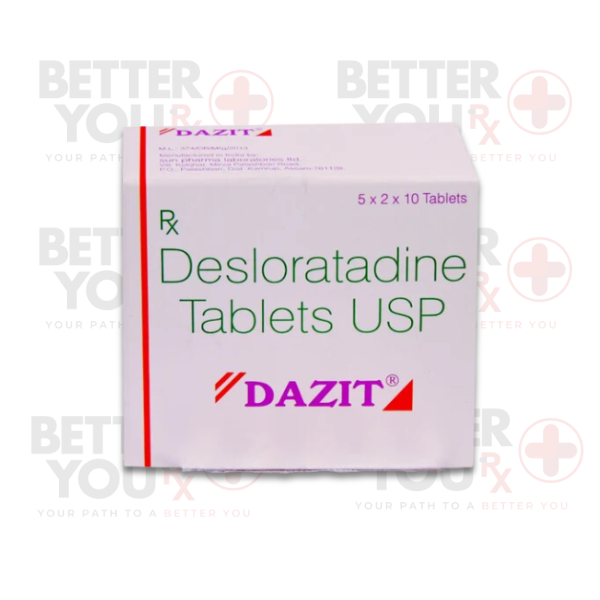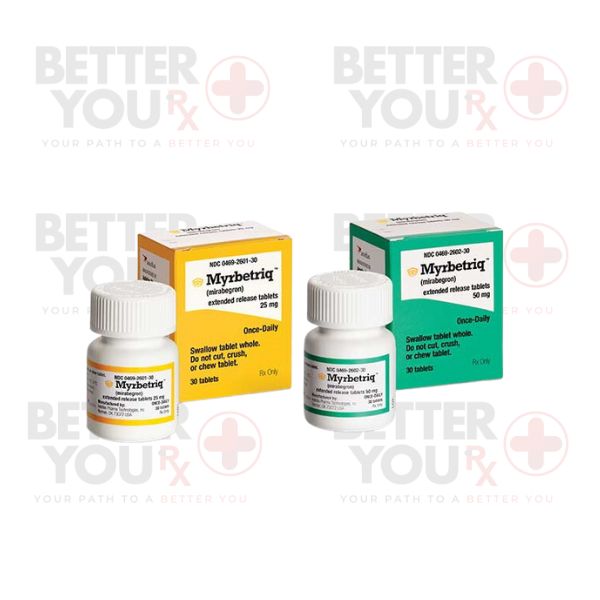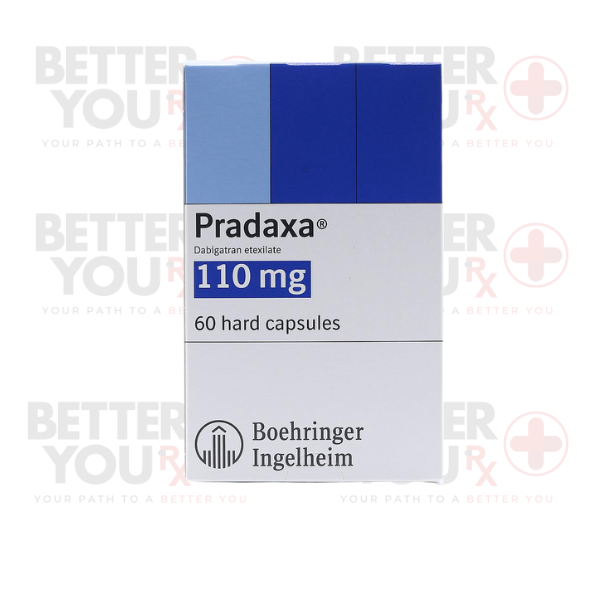| Usage |
Usage
Risedronate is available in tablet and delayed-release tablet forms for oral administration. The dosing schedule depends on your specific condition and your doctor's prescription. It may be taken once a week, once a month, or for two consecutive days each month. Follow your prescription label meticulously. Take risedronate as directed, without altering the dosage frequency or quantity. To ensure its effectiveness and prevent potential esophageal or oral complications:
• Take risedronate tablets in the morning, immediately after waking up, and before any food or drink.
• For delayed-release tablets, take them right after breakfast.
• Always use a full glass (6 to 8 ounces) of plain water while sitting or standing. Avoid any other liquids, including tea, coffee, juice, milk, or dairy drinks.
• Swallow the tablets and delayed-release tablets whole; do not split, chew, or crush them, and do not hold them in your mouth.
• After taking risedronate, wait at least 30 minutes before eating, drinking, or taking other medications, and do not lie down during this time.
• Remember that risedronate helps manage osteoporosis and Paget's disease of bone but doesn't cure them. Continue taking it as prescribed, even if you feel well. Consult your doctor before discontinuing risedronate."
Please consult your healthcare provider or pharmacist for personalized instructions.
|
| Side Effects |
Side Effects
Risedronate may lead to side effects. Inform your doctor if you experience any of the following symptoms, especially if they are persistent or severe:
• Nausea
• Burping
• Dry mouth
• Stomach pain
• Diarrhea
• Constipation
• Gas
• Headache
• Dizziness
• Weakness
• Leg cramps
• Back pain
• Frequent or urgent urination
• Painful urination
Some side effects may be serious. If you encounter any of the following, contact your doctor immediately before continuing with Risedronate:
• Difficulty swallowing or painful swallowing
• New or worsening heartburn
• Chest pain
• Itching
• Rash
• Hives
• Blisters on the skin
• Inflammation or enlargement of the facial features, throat, tongue, lips, eyes, hands, feet, ankles, or lower limbs.
• Difficulty breathing
• Hoarseness
• Muscle spasms, twitching, or cramps
• Sensation of numbness or tingling in the mouth, hands, or feet.
• Swollen, red, or painful eyes
• Sensitivity to light
• Painful or swollen gums
• Loosening of the teeth
• Sensation of numbness or a weighty sensation in the jaw.
• Poor healing of the jaw
• Persistent, throbbing discomfort in the hip, groin, or thigh area.
Risedronate may cause other side effects. Contact your doctor if you experience any unusual issues while taking this medication. It's worth noting that taking a bisphosphonate like Risedronate for osteoporosis may slightly increase the risk of thigh bone fractures. If you feel hip, groin, or thigh pain for several weeks or months before such a fracture, or if a fracture occurs without a fall or other injury, discuss this with your doctor to assess the risks and benefits of continued Risedronate use.
|
| Storage |
Storage
Store this medication in its original container, securely sealed, and out of the reach of children. Store it at room temperature, shielded from extreme heat and moisture (refrain from storing it in the bathroom). Dispose of any unused medication in a manner that prevents accidental ingestion by pets, children, or others. Flushing this medication down the toilet is not recommended. The safest disposal method is through a medicine take-back program. Consult your pharmacist or contact your local waste disposal authority to inquire about available take-back programs in your area. Remember to keep all medications hidden and away from children, as some containers, like weekly pill organizers and those for eye drops, creams, patches, and inhalers, may not be child-resistant and can be easily opened by young children. To prevent accidental poisoning, always secure safety caps and place medications in a safe location that is out of their reach and sight.
|
| Special Precautions |
Special Precautions
Before starting risedronate:
• Inform your doctor and pharmacist if you are allergic to risedronate, any other medications, or any ingredients in risedronate tablets or delayed-release tablets. You can find a list of ingredients in the Medication Guide or by consulting your pharmacist.
• Disclose all prescription and nonprescription medications, vitamins, supplements, and herbal products you are currently taking or plan to take. Special mention should be made of certain medications such as angiogenesis inhibitors (e.g., bevacizumab, everolimus, pazopanib, sorafenib, sunitinib), nonsteroidal anti-inflammatory drugs (NSAIDs) like ibuprofen and naproxen, cancer chemotherapy drugs, and oral steroids (e.g., dexamethasone, methylprednisolone, prednisone). If you are using delayed-release tablets, inform your doctor if you are taking H2 blockers (e.g., cimetidine, famotidine, nizatidine, ranitidine) or proton pump inhibitors (e.g., esomeprazole, lansoprazole, omeprazole, pantoprazole, rabeprazole).
• Be aware that Actonel and Atelvia both contain risedronate and cannot be taken simultaneously.
• If you are taking other oral medications, including vitamins, supplements, or antacids, administer them at least 30 minutes after taking risedronate.
• Notify your doctor if you have a history of low blood calcium levels, esophageal problems, or if you are unable to sit or stand upright for at least 30 minutes. In such cases, your doctor may advise against taking risedronate.
• Share your medical history, including radiation therapy, swallowing difficulties, heartburn, stomach ulcers, anemia, cancer, infections, oral health issues, blood clotting disorders, and dental or kidney disease.
• If you are pregnant, breastfeeding, or planning to become pregnant in the future, inform your doctor, as risedronate may remain in your body for an extended period after discontinuation. Contact your doctor immediately if you become pregnant during or after risedronate treatment.
• Note that risedronate may cause severe bone, muscle, or joint pain, which can occur within days, months, or years after starting the medication. If you experience severe pain at any point during your risedronate treatment, contact your doctor. Discontinuation of the medication may alleviate the pain.
• Be aware that risedronate can lead to osteonecrosis of the jaw (ONJ), a serious jaw bone condition, particularly if you undergo dental surgery or treatment while taking the medication. Before initiating risedronate, it is recommended that you have a dental examination, which should include addressing any issues such as poorly fitting dentures. Additionally, maintain good oral hygiene practices while on risedronate. Consult your doctor before undergoing any dental procedures while using this medication.
• Talk to your doctor about preventive measures for osteoporosis, such as avoiding smoking, limiting alcohol consumption, and implementing a regular weight-bearing exercise routine.
|
| Missed Dose |
Missed Dose:
If you miss a dose of once-daily risedronate, do not attempt to take it later in the day. Instead, skip the missed dose and resume with your regular morning dose the next day. For once-weekly risedronate, take the missed dose in the morning following your recollection. Then, continue with your usual once-weekly schedule. If you forget a dose of once-monthly risedronate but recall it more than 7 days before your next scheduled dose, take the missed dose on the morning following your recollection. However, if your recollection is within 7 days of your next scheduled dose, do not take the missed dose. Simply wait until the morning of your next scheduled dose to resume. For once-monthly risedronate taken for two consecutive days, if you remember more than 7 days before your next scheduled dose, take the first missed dose on the morning following your recollection. If both doses were missed, take the second missed dose the morning after the first one. Again, if you remember within 7 days of your next scheduled dose, do not take the missed dose(s). In case of uncertainty or questions about missed doses, consult your doctor. Always take risedronate in the morning, never double up on doses to compensate for a missed one, and never exceed the recommended once-daily or once-weekly dosage.
|


